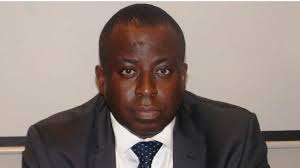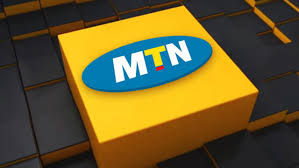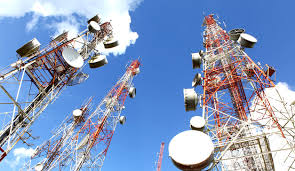The President of Association of Telecommunications Companies of Nigeria (ATCON), Mr. Olusola Teniola have called on the Nigerian Communications Commission (NCC) to go beyond articulation to enforcement of the industry’s Corporate Governance Code (CGC).
It will be recalled that former Executive Vice Chairman of the Commission, Dr. Eugene Juwah launched the code before the end of his tenure. The CGC encapsulates all the does and don’ts in the industry and all needed due process to deepen disciple in the sector.
However, since the unveiling of the code, no person or company had been fined or sanctioned based on the provisions of the code till date.
It was not clear if the delay or negligence in carrying out sanctions provided by the CGC fuelled the rising interconnection debt and associated disparities in the actual value of debts owed networks.
Just as N60bn can be said to be the verified value of debts, in some quarters, the debt is over N1.27tn.
Whereas an interconnect debt sets in when an operator fails to settle the cost of terminating a service rendered to it by another operator in the industry, experts say interconnection is important in the telecoms industry because it enables the subscriber to experience the smoothness of a connected or one network.
Otherwise, with interconnection, a subscriber does not care and does not need to know whether the person at the other end of the network subscribes to another network operator.
There are indications that beyond the presence of the CGC showed that if not for hard conditions put in place for disconnection by NCC, some operators would have been disconnected as a result of high interconnect debt.
However, in his submission in an interview, Teniola aver that “The Corporate Governance Code in writing will not solve the problem if it is not enforced. The need for enforcement cannot be overemphasized”.
“The commission can ensure that each operator puts in place an automated robust system that can reconcile the interconnect debt situation. The regulator needs to force operators to pass traffic through interconnect clearing houses.”
According to ATCON boss, “One of the issues responsible for unverified interconnect debts was that most interconnections happening within the industry were through peer-to-peer mechanism”.
He said only 10 per cent of traffic must pass through interconnect operators and argued that “If this percentage is raised to at least 50 per cent, operators would have the confidence to invest in interconnect infrastructure”.
Teniola was quick to posit that such reform may easily cut short the rising incidence of disputed or unverified interconnect debts and invariably contribute to prompt settlement of such debts.
Besides, Chairman of the NCC board, Senator Olabiyi Durojaiye had followed same line of reasoning with ATCON President, saying “The commission is particularly concerned with issues of massive interconnection indebtedness and unethical practice of masking of international calls. This sort of unethical behaviours is part of what the Code of Corporate Governance is set up to address.
“Henceforth, the commission will be taking very tough measures against any detected unethical behaviour and industrial malpractice in order to safeguard the health of the entire industry. Compliance with the spirit of the code is a necessity.
“Going forward, the commission, as part of its initiatives to ensure compliance, will intensify monitoring level of compliance. To encourage satisfactory compliance, the commission has instituted an annual reward system to recognise and commend the most compliant companies.”
Already, as part of new drive to resolve the crisis, NCC recently contracted leading audit group, KPMG to help it carry out a study for the determination of a cost-based interconnect rate.
The white paper is expected to be unveiled around April this year.

 Football1 week ago
Football1 week ago
 Health & Fitness2 days ago
Health & Fitness2 days ago
 Comments and Issues1 week ago
Comments and Issues1 week ago
 Featured6 days ago
Featured6 days ago
 Education7 days ago
Education7 days ago
 Business7 days ago
Business7 days ago
 Business6 days ago
Business6 days ago
 Crime7 days ago
Crime7 days ago





